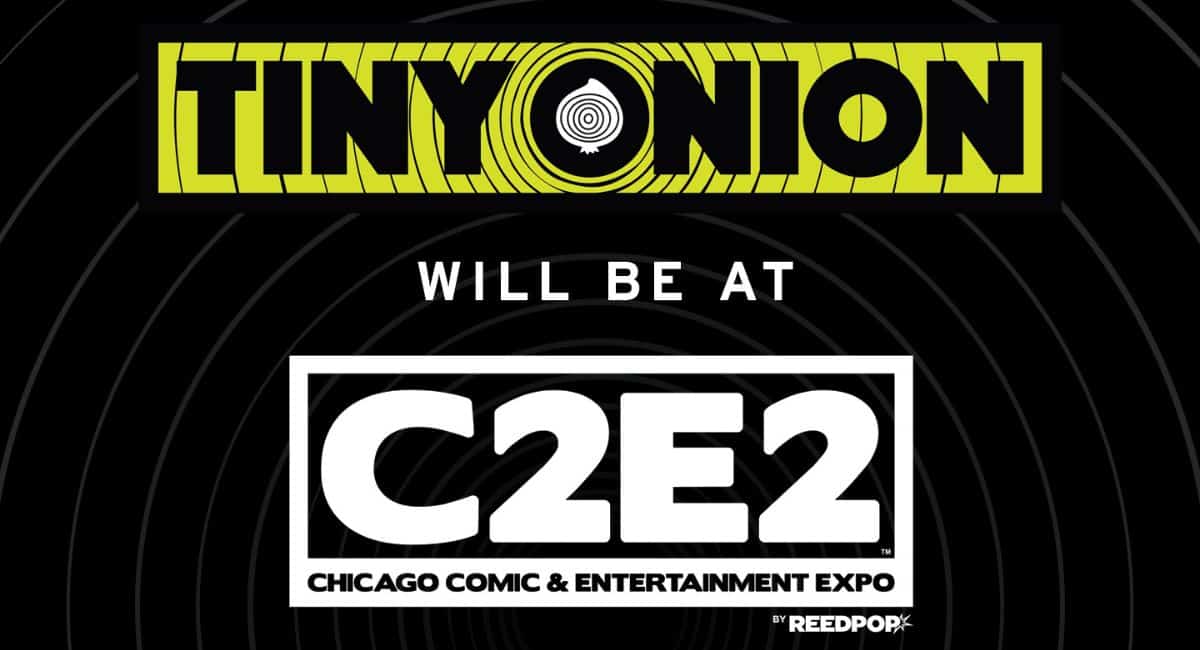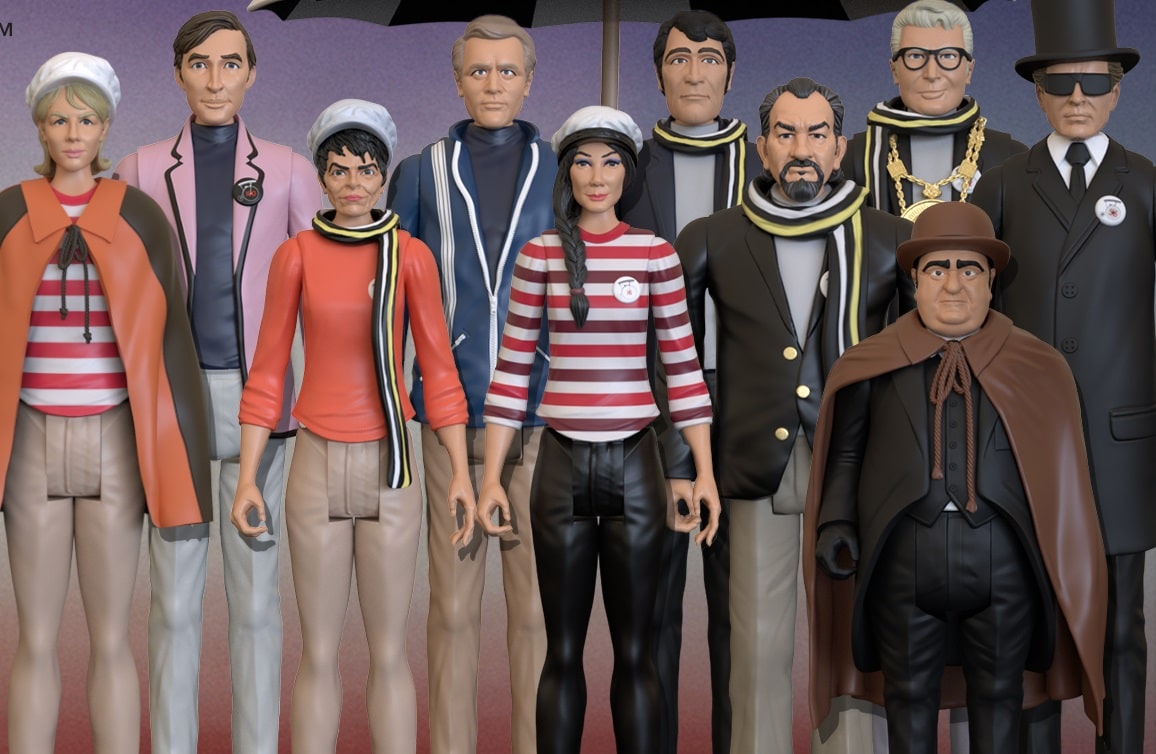We attended a nice holiday party last night thrown by artist Kelli Bickman and jill-of-all-trades Paulette Powell. It was just a bunch of folks getting together, but it was nice to see old friends like Kyle Baker, Martha Thomases and Jim Salicrup and have a chance to talk a bit. We also chatted with Anne Murphy, the widow of Archie Goodwin, whom we hadn’t seen in forever.
In case you don’t know, Archie Goodwin was a writer and an editor who died at the much too young age of 60 in 1998. Archie ran Creepy, Eerie, Marvel Comics (he preceded Jim Shooter as Editor in Chief), founded Epic, and edited many great stories at DC. He also wrote Star Wars and Manhunter. But that’s just the tip of his resume. He’s pretty much considered probably the best comic book editor ever, and one of the very best writers as well. Archie was always kind and patient with the very young and annoying Beat, and for that we are always grateful. In later years, when we had grown up a bit, at local functions, Anne was usually by his side. She was a former editor at Redbook, and as smart, feisty and creative a lady as you would ever want to meet and we remember having many interesting conversations over the years with her.
It was truly a pleasure to see her again, and hear her talk about Archie, and also many episodes of comics history from the 70s through the 90s from a very different perspective. Sadly we can’t repeat most of them here, but there was one about a 70s comic book artist–let’s call him Timmy– who showed up at the house of a rival artist with a couple of goons, only to be met at the door by the rival’s wife and child. Timmy then called his rival and said “I know what your wife and kid look like!” News of this incident spread and Timmy didn’t get much work for a long time.
These days, the internet has lessened the distance between people who work on the comics and people who read the comics to the point where there barely is any. Talking to Anne was a sharp reminder that there have always been larger than life personalities and creative dramas in comics. They didn’t have message boards to duke it out on, so they did things in a more colorful way. Those were the days.





“Timmy”? Now I’m intrigued…
Let the speculation commence!
As I recall the story, it wasn’t a “rival artist,” but an inker.
“Timmy” had been turning in rather loose pencils, and the inker had to do a lot of extra work to turn them into finished art. He pointed this out to the editor, and the decision was made to pay “Timmy” for breakdowns (less money) and the inker for finishes (more). “Timmy” didn’t like this, and trouble and the threats mentioned above ensued.
“Timmy” didn’t stop getting work, but they stopped letting him into the offices for a while — the editors would have their assistants meet him in reception and take delivery of artwork there.
Of course, it’s possible there are two such incidents — this one was in the 1980s, but Archie was definitely around for it, and would have known it well.
kdb
Listen….let me tell you one Archie story.
Now, I never got to work for Archie Goodwin. That is a large regret. But when we were doing the Power of Shazam!/Starman crossover, Archie called me out of the blue, just to tell me he liked the way I was drawing Starman!
In an industry where you might never hear from your own editor, Archie took the time to call an artist on another book that was using a character he edited.
I was fortunate to have a few meals with Archie and other editors at some conventions, and it was a wonderful boost to get Archie to laugh at one of your jokes.
Thoughts of Archie cross my mind with frequency, and those of us fortunate enough to have known him–even fleetingly–miss him so.
I’m still sad that when I was doing my Starman zine back when the book started, I never got a chance to meet Archie to talk about it (or Manhunter or that cool story he and Walt did in that Altas b/w magazine with the giant spider).